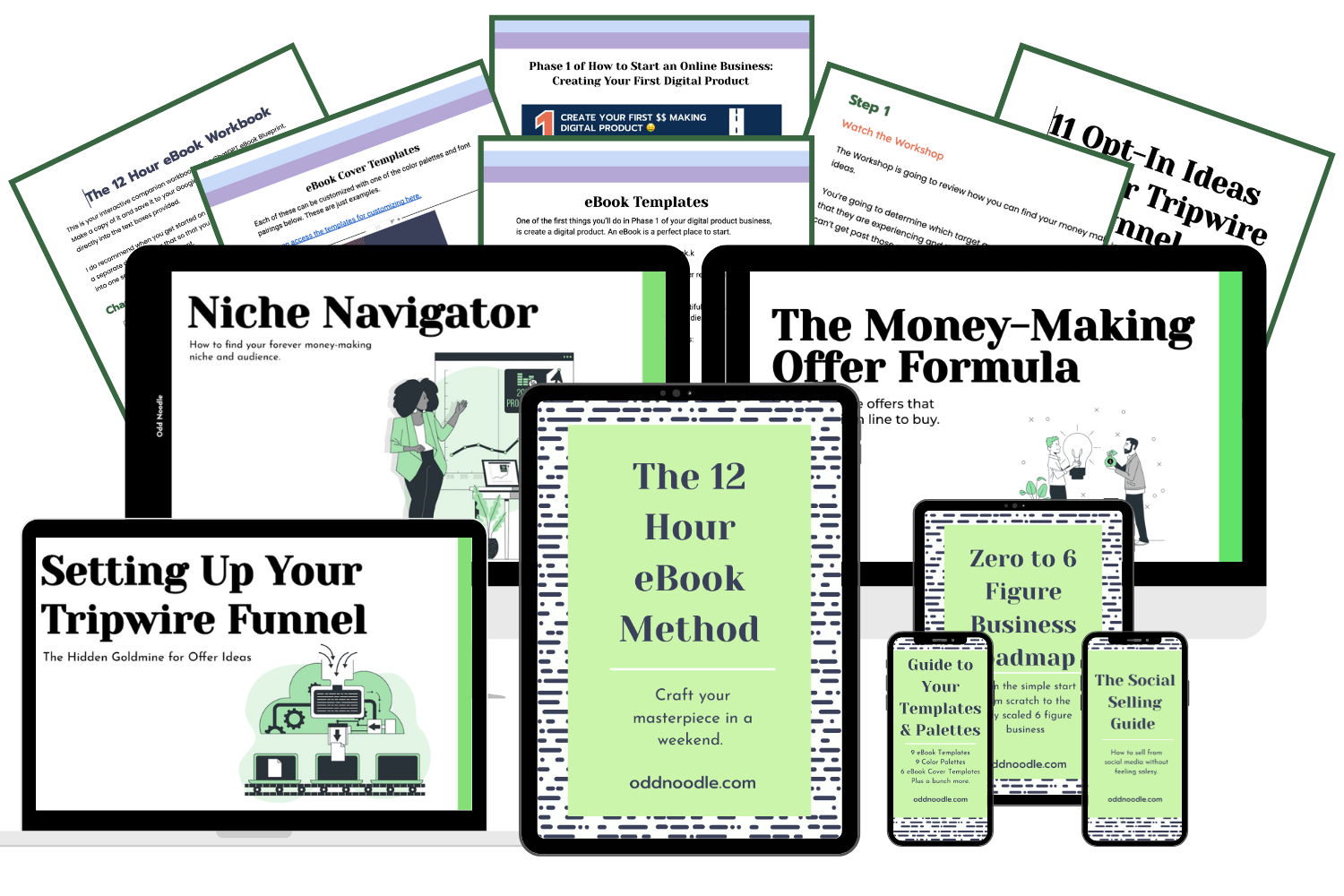If you were to tell me that 1 out of every 3 new bloggers wanted to create a food blog I wouldn’t be the least bit surprised.
I mean is there any better marriage than food, money, and blogging?
If you get to cook and take cool pics of the food that you make, why wouldn’t you want to create a food blog?
Well…
Hm…
I really hate to do this.
In this post, I’m going to spoil some things for you. I don’t want to kill your dream of building a food blog but I do want to show you how to tackle this interest blog niche moving forward.
Why do you need this help?
Well, to put it bluntly, almost every food blogger does this wrong and soon they are going to feel the ad revenue pain.
I know that’s a bold claim but hear me out.
Don’t worry, in this post, I’m definitely going to show you how to start a food blog and make it a success.
First, it starts with the fact that they aren’t really food bloggers.
Invasion of the Recipe Bloggers
The truth of the matter is that most food bloggers are really recipe bloggers. What do I mean by this?
I mean they mostly just write about recipes. There are some things about food but the focal point is always about the recipes.
Is this a bad thing?
Not at all if you understand what this means.
What it means is that if your audience comes for recipes then what they want are recipes. This is the big dilemma with food blogging.
It’s hard to get people to stick around for long on your site because they just want the recipe and nothing else.
Add to the fact that both Pinterest and Google are actively starting to show whole recipes right on their sites, then that doesn’t leave much room for the traditional food blogger.
So what can they do?
Turn the tables and become real food bloggers with a food blog niche that actually serves your audience.

How to Start a Food Blog
Sorry, if you’re looking for info on how to set up WordPress or find hosting, this isn’t the post for you. That information is the same no matter what type of blog you’re trying to set up.
This post is about getting into the details behind the strategy of successful future food bloggers.
The first thing we need to look at is the food blogging audience.
The Audience
Is there really a difference between a food audience and a recipe audience? I think there is.
I think the recipe audience is a subset of the food audience so for food bloggers to grow in the future they need to expand their audience.
To do that they need to understand what the food audience wants.
Here’s what I mean.
When I was a kid, I had two imaginary friends, Julie and Thomasen. Let’s pretend Julie & Thomasen both started blogs about making food.
Julie has a recipe blog and Thomasen has a “food” blog.
They both are looking to help the “food” audience. What does the food audience want?
To say they want to know about food doesn’t help us out much so let’s think of a person in this audience. This person doesn’t represent the whole audience, just some of them.
They open their fridge and they have some broccoli and other assortments of things. They really don’t want to go to the store so they want to find out what can be done with broccoli.
A recipe blogger like Julie will help them by showing them a specific broccoli recipe that will possibly require ingredients that the person doesn’t have.
A food blogger like Thomasen will show them the different ways they can cook broccoli. This will give them an idea of how they want their broccoli.
After that, they’ll show them the many different recipes that use broccoli in the cooking style that they prefer.
They may even go a step further and organize those recipes by the # of ingredients and price.
A food blogger like Thomasen should help someone enjoy food.
A recipe blogger like Julie will help give a person instructions.

That’s where I think the difference lies. It’s in the food blog niche that you choose: Recipes or Food? It may seem subtle and it probably is, but to me, it makes a huge difference.
A food blogger can talk about the foods they’ve tasted on their travels. How they were able to cook for a family of 50 during Thanksgiving for just $100.
A recipe blogger is relegated to recipes. When they try to add more content to their recipes people get angry because those people just want the recipes.
And that’s a big audience that should be served, but if you only try to serve them then you’re going to be worried about people stealing your recipes or how you’re going to get people to stick around longer.
Not many people want that life as bloggers.
I think you have a choice. Be a Food Blogger or be a Recipe Blogger.
The Content
Once you understand the audience you can better understand the content. It’s great to look at other bloggers and say that you want to create content like them, but you need to ask if that content serves the audience that you want to reach.
If it does then go for it. If it’s for your own ego then you should really consider if you want to make this blog a business or not.
From there, you have kind of a dilemma that food bloggers face: social media or blogging? Which one is more important?
And the truth is that they are equally important. Social media allows you to get content out quickly and build up traffic in the short term. It’s amazing and you really have no choice but to be on social media in some form.
Blogging however allows you to treat not only your True Fans but those who are looking for something specific. These people are looking for content with intent. They need the information to solve a problem.
If you’re the one that helps them then guess what? They’ll usually stick around with you.
Blogging also allows you to dive deeper into topics that social media will not allow. Remember, the game of social media is all about pleasing the algorithms so that insightful post on the history of Asian noodles probably won’t do anything on Instagram.
But on your blog? It could rank #1 for a ton of different terms and bring you an insane amount of traffic over time.
There is also another big difference between social media and blogging: monetization.

The Monetization
How are you going to make money?
The obvious choice is to slap ads on the site and call it a day and that can work well, but you want to diversify your revenue streams while also controlling at least one of them.
What do we mean by control?
With ads, another company decides how much you get paid and when. With affiliate marketing, it’s the same thing. That doesn’t mean you should avoid those streams but it does mean you need to have control of one.
And that means selling your own products.
That sounds a lot more complicated than it is but there are a ton of digital product ideas that you can implement. It’s our favorite type of business to start and the one that we’ve taught to 1000s of others.

It Doesn’t Have to Take Months to Monetize Your Blog
The sooner you can create your book and get it out, the sooner you have a chance of making money with every single person who visits your blog.
The 12-Hour eBook Method was designed to help you get a book onto your blog in the shortest time possible so you don’t need to wait until you hit 100,000 pageviews before you can start making money.
Starting a Food Blog
Admittedly, starting a food blog used to be a lot easier, but with so much competition it can be difficult to carve a name for yourself. But if food is your passion then you should go for it.
If you can create your own digital offers then you aren’t going to need as much traffic as the recipe bloggers that are chasing pageviews.
